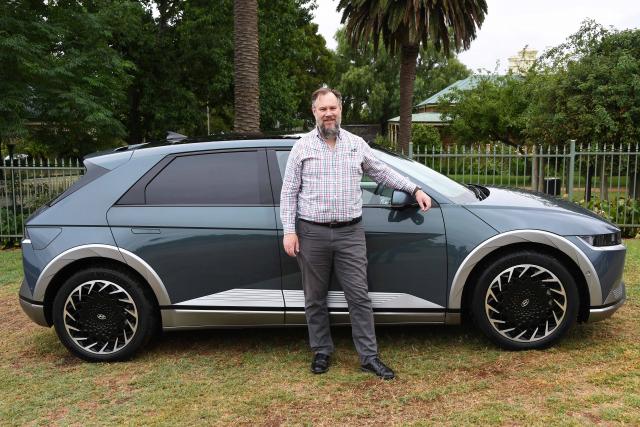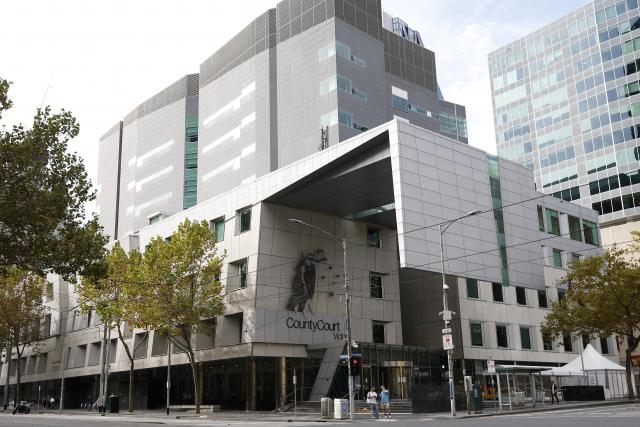The Australian High Court has made what’s been called a landmark decision; ruling Victoria’s electric vehicle (EV) tax is ‘unconstitutional’.
EV drivers Chris Vanderstock and Kathleen Davies took the State to court in September 2021 after the introduction of the 2.3 to 2.8 cent tax per kilometre travelled by Zero and Low-Emission Vehicles (ZLEVs).
On Wednesday 18 October the decision was handed down that under constitutional law, states cannot charge what is in essence an excise on EVs.
Mount Evelyn EV owner Tony Stevenson said “it’s a fair judgement” but is not without its challenges now for the Victorian government.
“The government will need to reassess its road taxes to provide safe roads for drivers,” he said.
While Mr Stevenson was never opposed to paying the tax for his use of an EV, he said to wasn’t fairly done.
“It was inequitable that someone who was driving on NSW roads still had to pay per kilometre,” he said.
“It will cause a challenge going forward as the fuel excise will be reduced as more people take up electric vehicles.”
Incentive for Victorian’s to buy an EV had been somewhat quashed by the imposed tax, the cost of EVs as a luxury vehicle and cutting the $3000 subsidy in the May budget.
Ms Davies said she was “thrilled by [the] judgement” and hoped it steered Victoria in the right direction after it “went out alone in taxing electric vehicles, and recently scrapped its electric vehicle subsidy”.
“Australia is lagging behind the rest of the world on electric vehicle uptake,” she said.
“Now is not the time to be taxing electric vehicles – it’s the time to be doing everything we can to encourage people to make the switch to cleaner cars.”
The Electric Vehicle Council’s (EVC) State of EVs report released in July 2023 showed the uptake of EVs in Victoria sits at 8.5 per cent within the vehicle market.
EVC chief executive Behyad Jafari said the High Court’s decision will provide the Federal government an opportunity to introduce a fair levy across the board.
“There is nothing inherently wrong with road user charges but they should never be calibrated to discourage the take up of electric vehicles,” Mr Jafari said.
“The electric vehicle industry warned the Victorian Government this policy was muddleheaded years ago, and the offer has always been on the table to work with the state on a more sensible approach.
“Any road user charge scheme should be national and we now look forward to working with the Federal government on sensible road funding reform, without singling out drivers who are trying to do the right thing.”
Equity Generation Lawyers senior associate David Hertzberg, who represented Ms Davies and Mr Vanderstock in court, called the ruling “a landmark constitutional decision”.
“[The] judgement means that Victoria’s electric vehicle tax is invalid. It also sets a precedent which will likely prevent other States from implementing similar legislation,” he said.
The outcome is expected to affect more than just Victorian drivers as attorneys-general for all states and territories intervened to argue for the right to tax road users, with NSW and WA announcing plans to do so in 2027.
Victorian Treasurer Tim Pallas said he would seek legal advice on whether electric vehicle drivers were entitled to a refund.
“You’d have to say it’s clearly a very contentious matter,” he told reporters at the state parliament.
“It was a fair charge. It was a charge that meant that everybody paid their share of the cost to the road network.”







